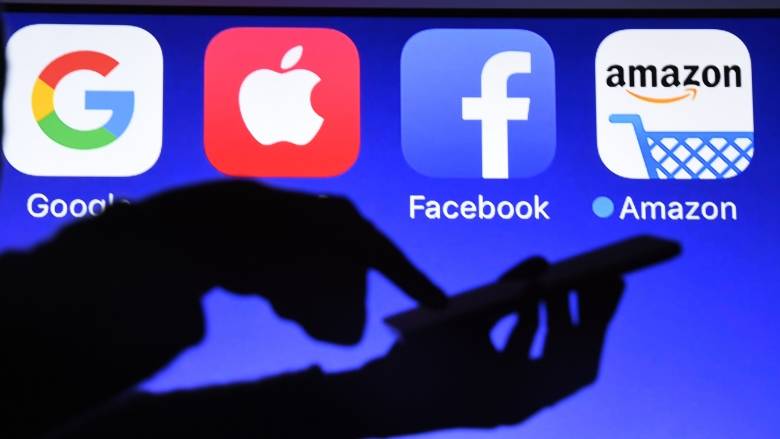
Amid positive trends in tax reform and optimism around positive hotel performance metrics, the specter of a new disruptor looms over the hospitality industry. The NYU Hospitality Conference, held at the New York Marriott Marquis, began with a panel of CEOs who lead the industry’s largest hospitality companies and their take on the opportunities and challenges for the year to come. While these leaders are optimistic about the coming year, they are also apprehensive about rising competition from industry outsiders looking to make their name in the hospitality space.
“We are in an absolute war for who owns the customer,” Arne Sorenson, president and CEO of Marriott International, said during the panel. “This is a long-term war. We, at this panel, have been in competition for decades, and we will continue to compete on products, service and the human experience. But we have disruptors that are without a doubt trying to take ownership of our customers.”
At first blush, it may seem that Sorenson was calling out the likes of Airbnb, a common target blamed for poaching travelers seeking hotels. However, this is not the case. Instead, Sorenson said it is the likes of Google, Facebook, Amazon and Alibaba that have captured his attention.
“These are digital empires that own all of us in some respects,” he said. “They are all trying to have a profile for every customer, so how do we use that to make sure we are monetizing as much of that relationship as we can? What are the tools we can use to fight back? For us it is loyalty, what we do with the data we have on folks and how we deliver value to our customers. This is a battle we are going to be fighting for some time, a war of fundamentals.”
Given the amount of press that Airbnb garners on the topic of disruption, as well as the legal actions taken against the company, it’s a surprise to see the home-sharing company usurped as the hotel industry’s boogeyman, at least in the eyes of hotel company CEOs. Christopher Nassetta, president and CEO of Hilton, said Airbnb succeeded because it was able to establish its dominance before state and local regulators were able to grasp the concept behind the company and throw a leash around it. However, Nassetta doesn’t think that’s the entire story.
“At least in my belief, [Airbnb is] a fundamentally different business,” Nassetta said. “We do compete at some level, but we’re trying to be the premium proposition. We want to create a high-quality, consistent product and the reality is that people do pay a premium for it. Airbnb is a good business, but it’s a value proposition.”




